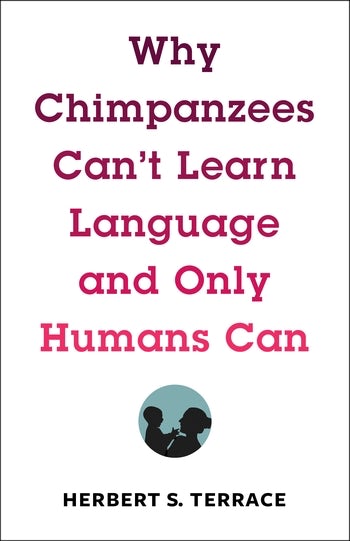Announcing Our 2019-2020 Science Catalog
Letter from the editor:
Please allow me to introduce myself as the new acquiring editor for the physical and life sciences at Columbia University Press. I’m excited to present the latest science catalog, our first since I joined the press in late 2018. The science list at Columbia spans a wide range of disciplines that teach us about our past and guide us into the future, and the collection of titles represented here demonstrate our commitment to paleontology, earth and climate sciences, and neuroscience in particular.
A few titles in this year’s catalog should not be missed. Amee Baird’s Sex in the Brain reveals the brain’s role in human sexual behavior through a series of memorable stories from patients whose sex lives were impacted by brain injury. Columbia psychologist Herbert S. Terrace revisits his 1970s experiment Project Nim to offer a new view of the origins of human language in Why Chimpanzees Can’t Learn Language and Only Humans Can.
Prolific Columbia University Press author Donald R. Prothero appears twice in this catalog. He tells the fascinating tales behind some of history’s most important fossil finds in The Story of the Dinosaurs in 25 Discoveries and teaches readers how to go about finding and identifying fossils for themselves in Fantastic Fossils.
In Exploding Stars and Invisible Planets, astronomer Fred Watson writes beautifully about the science of what’s out there in space, from our own planet to far, far beyond. And you can learn some practical steps you can take to help protect our warming planet, while still living your best life, in Karl Coplan’s Live Sustainably Now.
It’s also my pleasure to introduce a new book series, the Columbia University Earth Institute Sustainability Primers. These brief, provocative volumes introduce teachers, students, and
professionals to solutions-oriented approaches to some of our planet’s most pressing concerns. The first two primers available are Bruce Usher’s Renewable Energy and John C. Mutter’s
Climate Change Science.
This is an exciting time for science, and I look forward to publishing and supporting impactful and much-needed voices. Thank you for helping us advocate for a better public understanding of scientific knowledge and scientific thinking, and for wanting to read about science.
Sincerely,
Miranda Martin, editor, science





